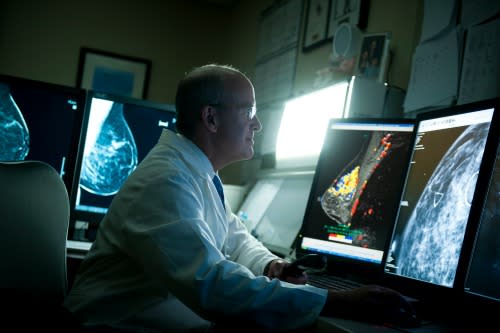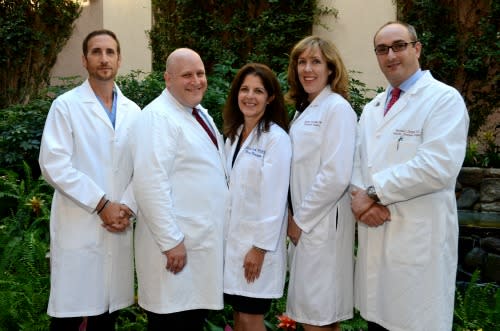Signs of colon, rectal & colorectal cancer in women
Published: March 30, 2022l
According to recent data from the American Cancer Society, approximately 4.3% of men (1 in 23) and 4% of women (1 in 25) will be diagnosed with rectal or colon cancer in their lifetime. The lifetime risk is similar in both sexes despite higher incidence rates in men because women have a longer life expectancy.
While the risk is similar for both sexes, colorectal cancer is not a top-of-mind concern for most women. In general, women tend to look out for the health of their spouse and children – often at their own expense. Colon cancer symptoms can also mimic gynecological symptoms (such as cramping) that women may be quick to discount or brush off. Any persistent symptom should be evaluated. Often women’s health issues present differently, and they experience less classic symptoms for a number of illnesses.
The biggest obstacle to care sometimes is a patient’s reluctance to speak candidly with their doctor about symptoms they may be experiencing. No one wants to talk about stool patterns and rectal bleeding, but if you notice anything unusual, it is worth mentioning to your doctor. Identifying the signs of colon cancer in your stool can help your doctor take care of you.
What is colorectal cancer? Is there a difference between colon cancer, rectal cancer, and colorectal cancer?
Colon cancer is a cancer of colon cells. Rectal cancer is a cancer of rectal cells. These cancers are often referred together as colorectal cancer.While the risk is similar for both sexes, colorectal cancer is not a top-of-mind concern for most women. In general, women tend to look out for the health of their spouse and children – often at their own expense. Colon cancer symptoms can also mimic gynecological symptoms (such as cramping) that women may be quick to discount or brush off. Any persistent symptom should be evaluated. Often women’s health issues present differently, and they experience less classic symptoms for a number of illnesses.
Be open with your doctor.
The biggest obstacle to care sometimes is a patient’s reluctance to speak candidly with their doctor about symptoms they may be experiencing. No one wants to talk about stool patterns and rectal bleeding, but if you notice anything unusual, it is worth mentioning to your doctor.What are the symptoms of colon cancer in women?
Symptoms of colon cancer in women include:- Blood in or around your stool.
- Persistent abdominal pain or cramping.
- Any change in stool pattern or density (diarrhea, constipation, narrowing of stools).
- Bloating.
- Unusual weight loss.
- Weakness or fatigue.
The biggest obstacle to care sometimes is a patient’s reluctance to speak candidly with their doctor about symptoms they may be experiencing. No one wants to talk about stool patterns and rectal bleeding, but if you notice anything unusual, it is worth mentioning to your doctor. Identifying the signs of colon cancer in your stool can help your doctor take care of you.
What risk factors for colon and rectal cancer should women be aware of?
There are a number of factors that can contribute to a woman’s likelihood of developing colorectal cancer, including:- Family history of colon cancer, colon polyps, rectal cancer, or other cancers.
- Known genetic mutations associated with gall bladder, uterine, ovarian, colon, prostate or pancreatic cancer, or melanoma.
- History of smoking.
- Diet low in fiber and high in animal fat.
- Lack of physical activity.
- Obesity.
- Heavy alcohol use.
What age should women be screened for colorectal cancers?
The current guidance is that anyone without a family history of colon cancer should undergo colorectal screening at age 45, including women. If there is a family history of colon cancer, it may be done earlier. Stamford Hospital has an open access program that enables patients to schedule their colonoscopy with a participating gastroenterologist with the assistance of a nurse navigator, without a referral.When is the best time to get a colonoscopy as a woman?
The best time to get a colonoscopy is when you’re feeling healthy. Most people do not have symptoms from polyps or colorectal cancer unless it is already at an advanced stage. Finding and removing polyps is the key to preventing colon cancer. Colorectal cancers are highly treatable when found early.How do I lower my risk of rectal or colon cancers as a woman?
To lower your risk of developing colorectal cancer or any other cancer, aim to follow healthy lifestyle behaviors. Exercise at least four times a week, eat a diet high in fiber (aim for 25 grams of fiber a day) and limit your alcohol intake. Most importantly, be aware of your body – if you are experiencing any unusual or persistent symptoms, please mention it to your physician.About the Author
Darlene Negbenebor, MD, is a gastroenterologist at Stamford Health.Featured Expert/ Author




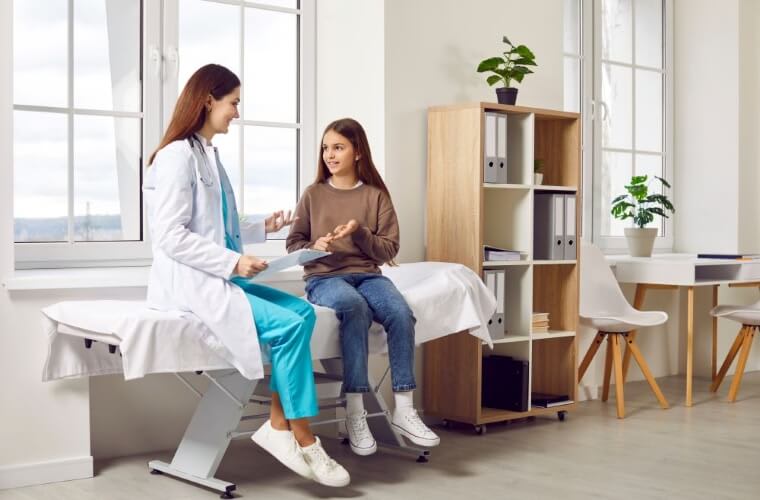

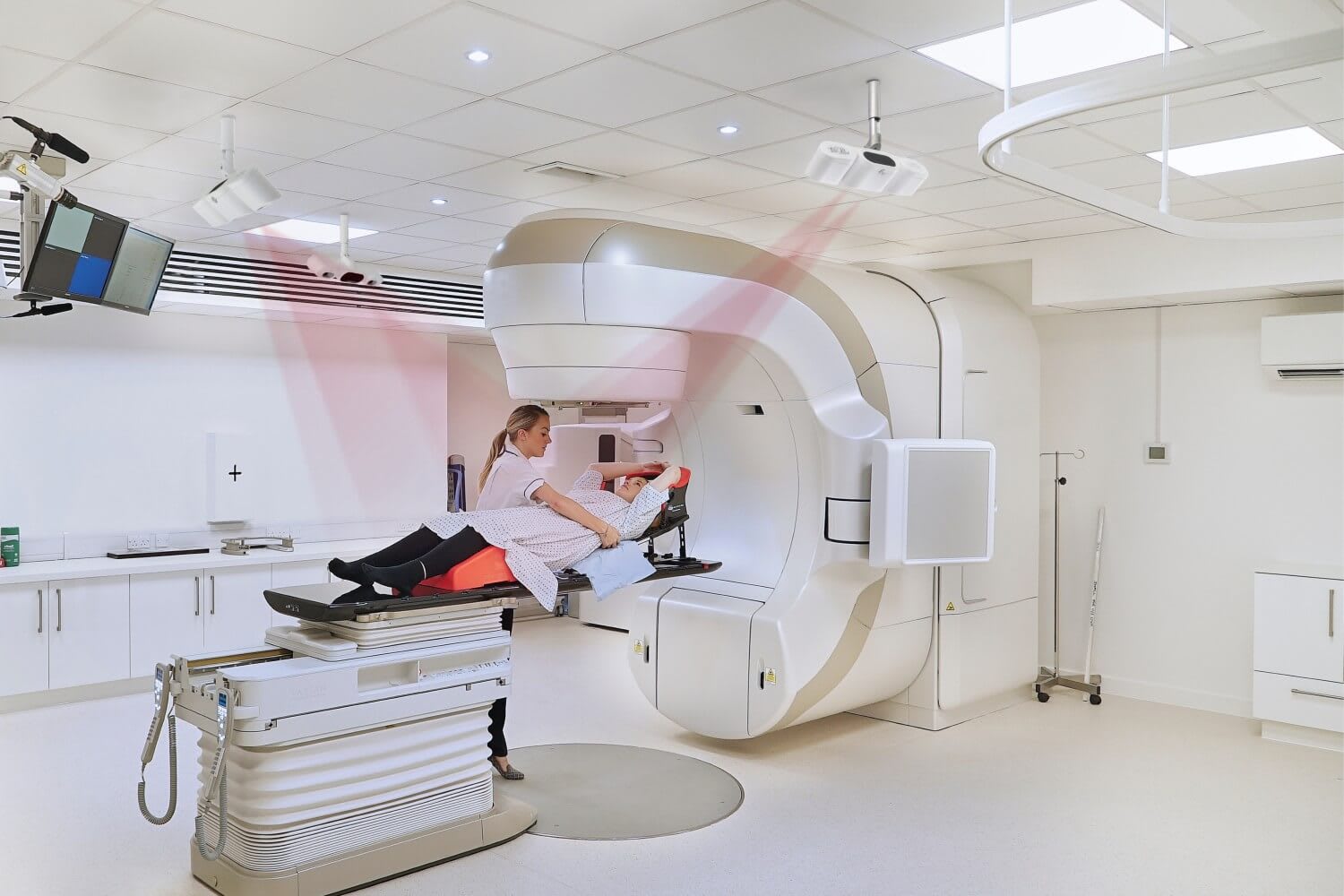
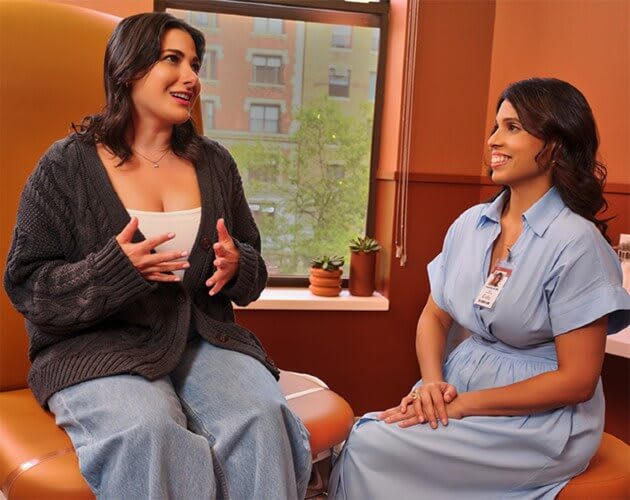

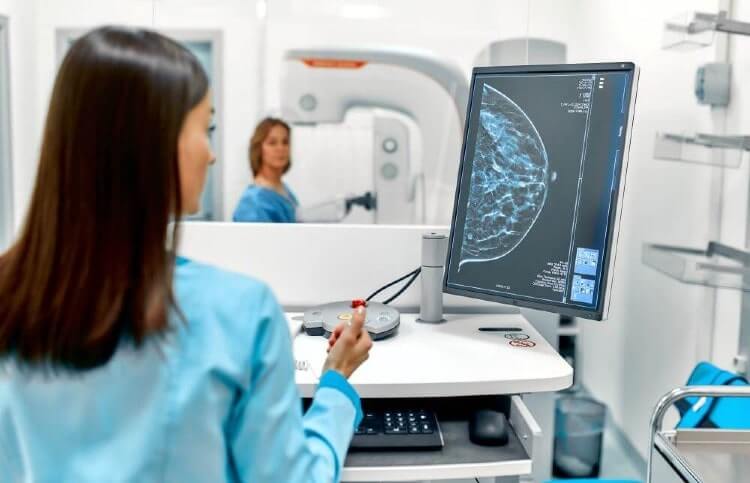

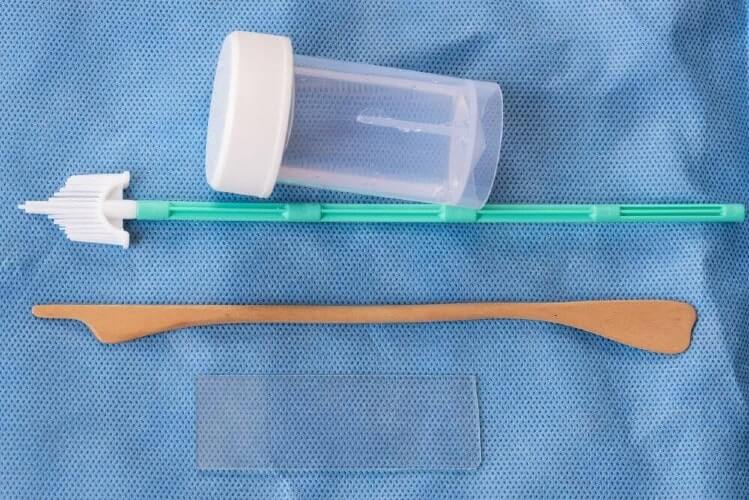
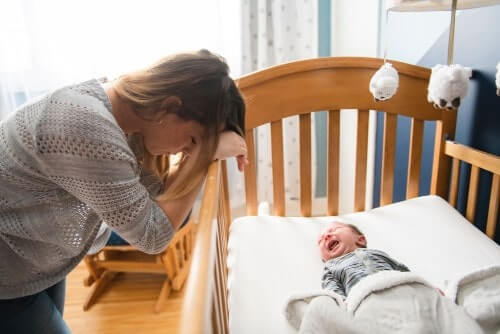



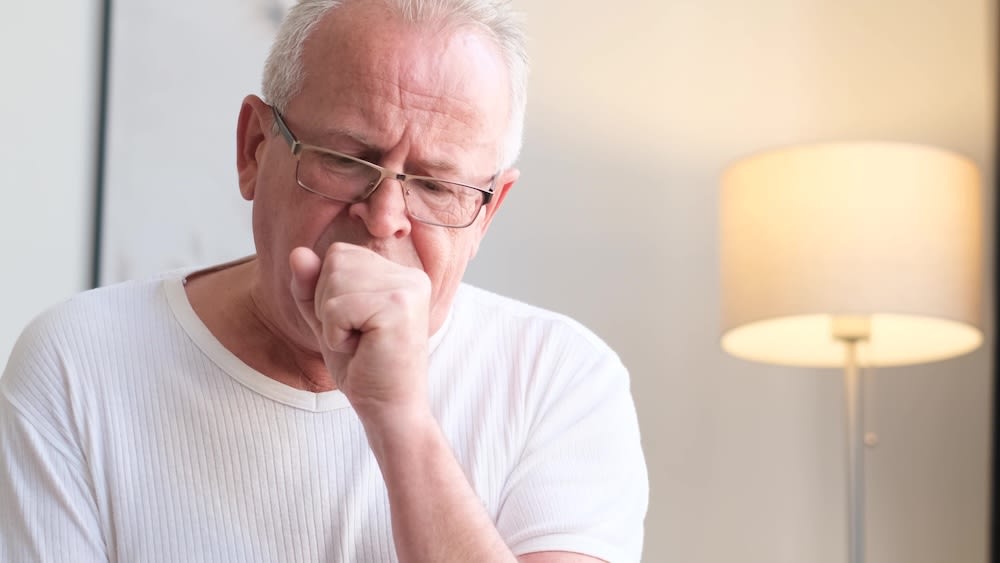





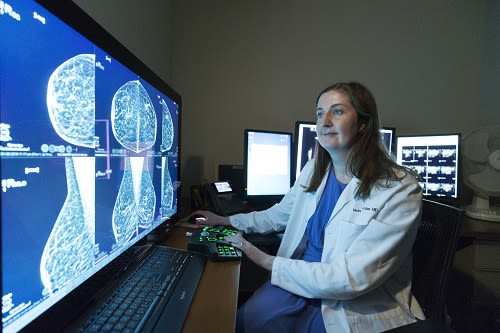
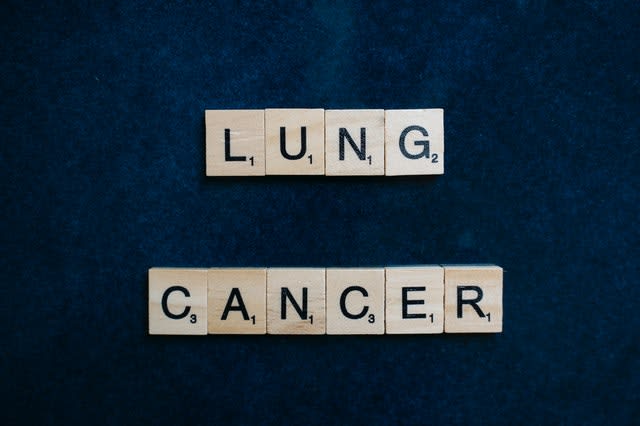

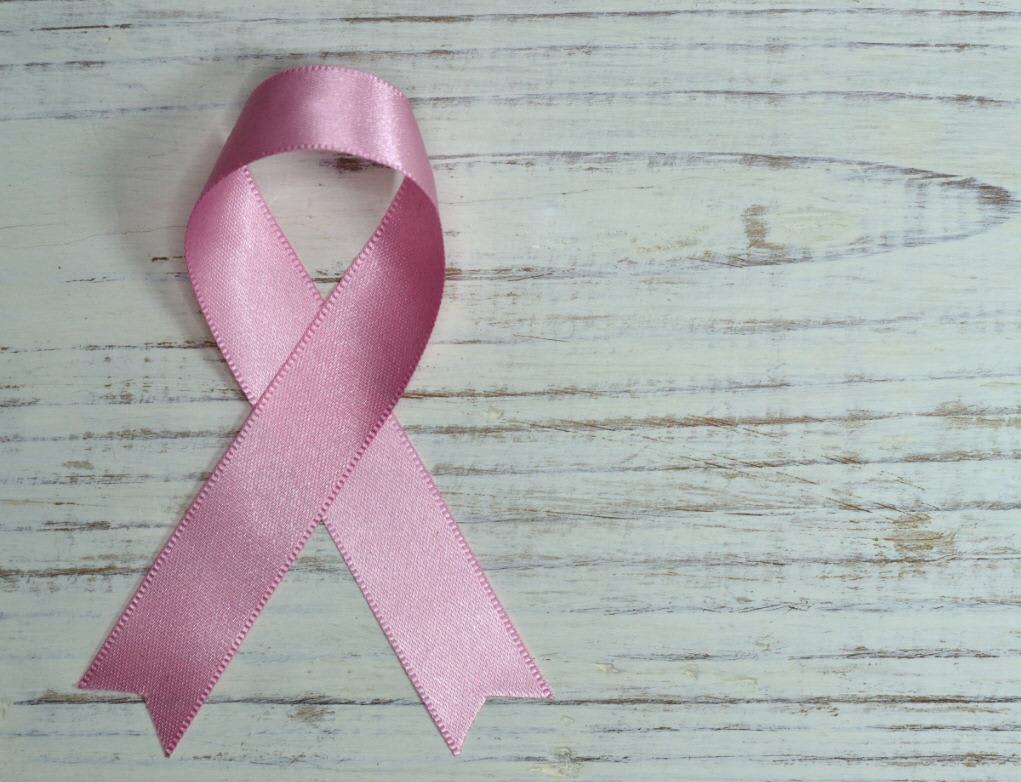
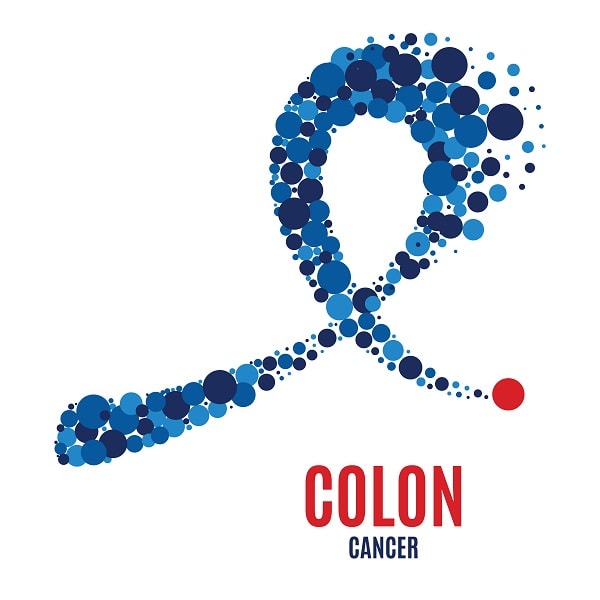

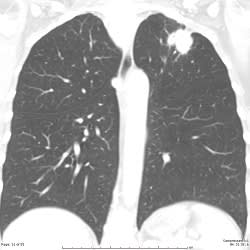




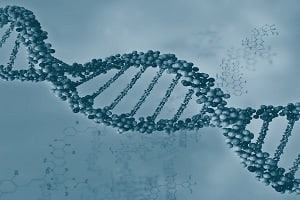
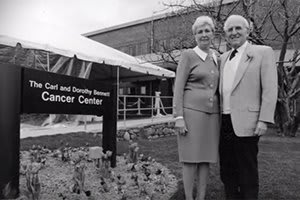
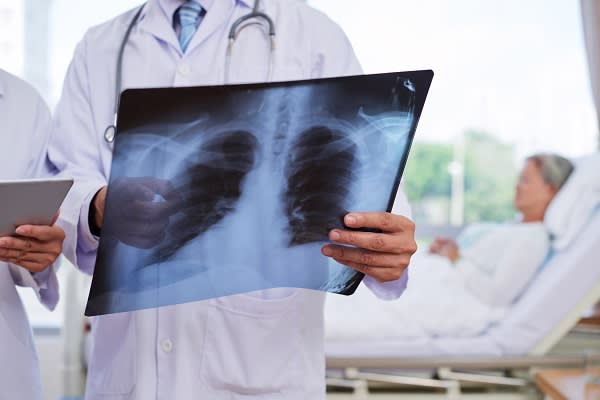
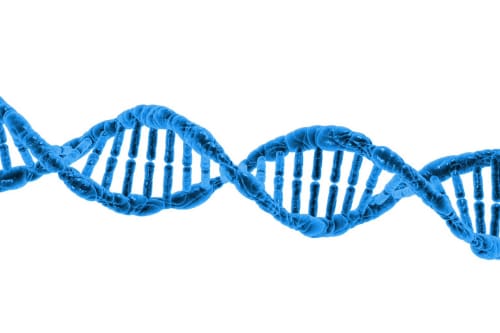

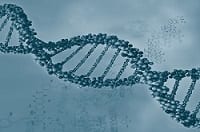


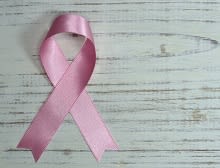
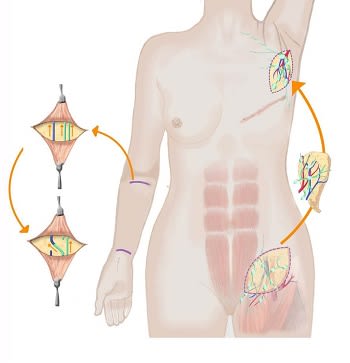




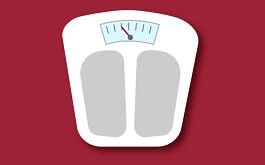
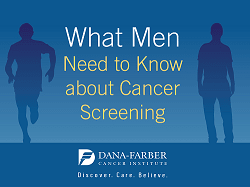
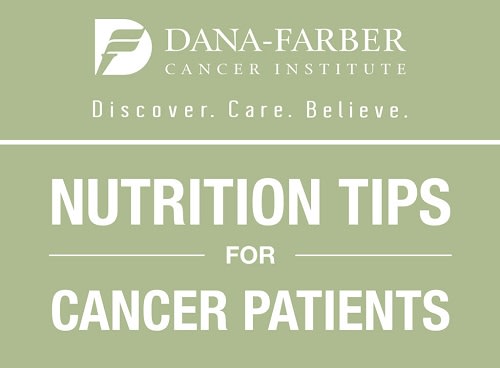











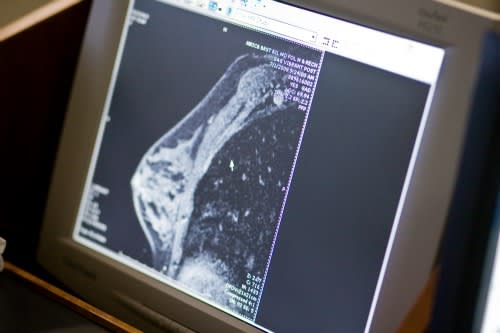
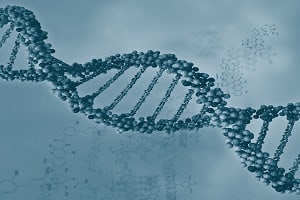
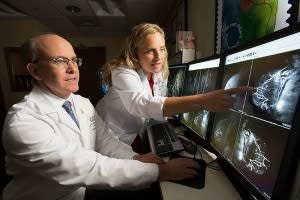






)


)

)
)
